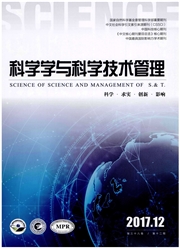

 中文摘要:
中文摘要:
本文以2004年在沪深股市交易的1172个A股非金融上市公司为样本,将样本分别按第一大股东持股比例、所有权性质和独立董事占董事会成员比例分咸3组、2组和3组,共组成18个组合,先後考察了股权集中和私有制封大股东侵占的治理效果,在第一大股东持股比例与股权性质没有差异的情况下独立董事的治理效果。研究发现私有制并没有提高、也没有降低大股东侵占的概率;股权集中则在一定程度上降低了大股东侵占的概率;国有企业的独立董事比例与大股东侵占概率负相关;当私有产权控股股东持股比例较低时,独立董事比例的提高有利于降低大股东侵占的概率。
 英文摘要:
英文摘要:
This paper uses a sample of 1172 non-financial listed firms in 2004 to examine the impacts of independent directors on the tunneling of large shareholders, by dividing the sample into 6 groups in which the stake held by the largest shareholder is not different between 3 layers of percentage of independent directors in the board. We find that privatization is not helpful to reduce the probability of tunneling, and ownership concentration reduces large shareholders' tunneling, and when the listed firms are controlled by government or SOE, or the rates of share held by private owners are lower, then the percentage of independent directors in board is negatively related to the probability of expropriation carded out by large shareholders.
 同期刊论文项目
同期刊论文项目
 同项目期刊论文
同项目期刊论文
 期刊信息
期刊信息
